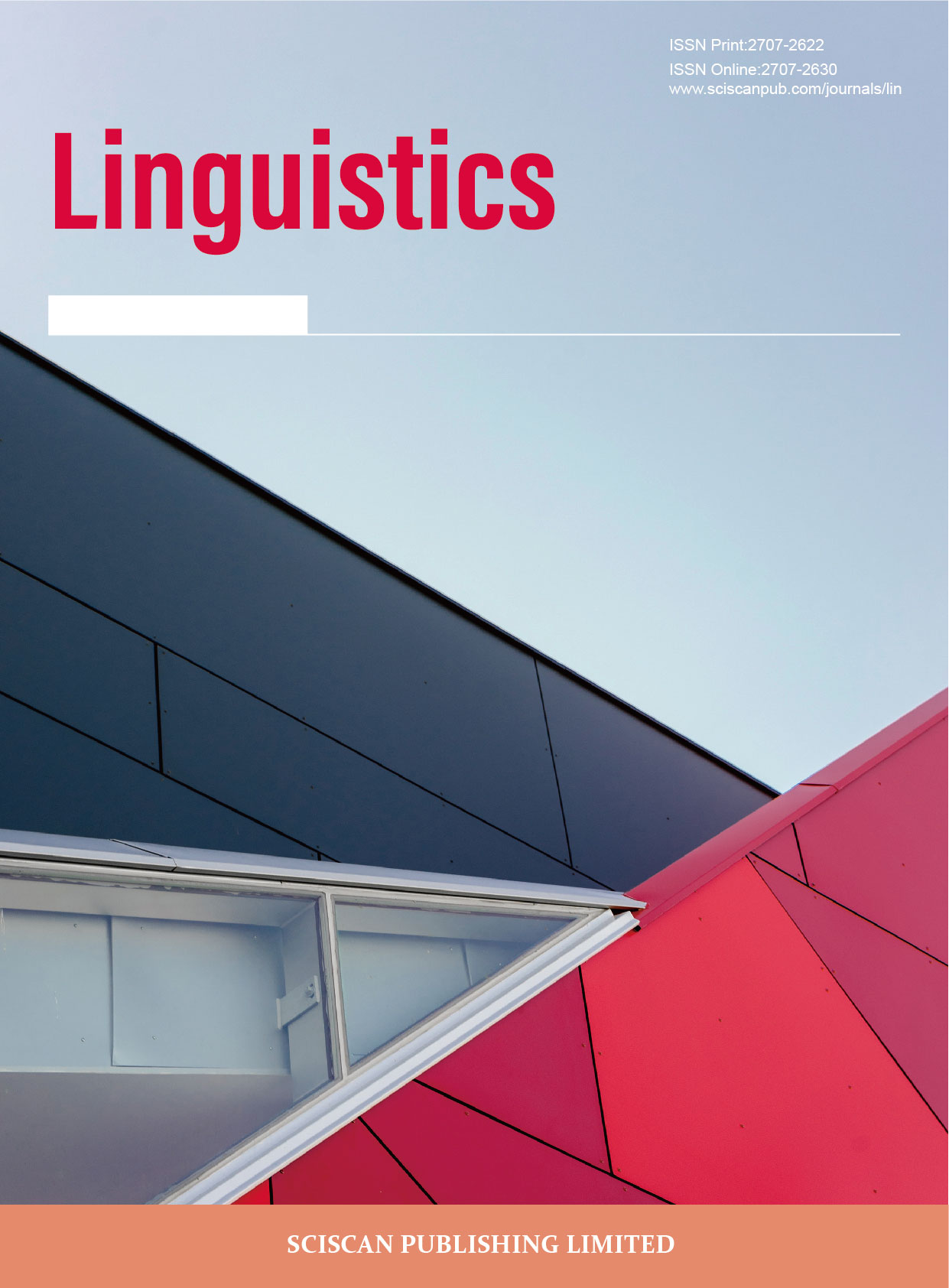Subscribe to the latest published information from SCISCAN
A Study on Translator’s Subjectivity in Poetry Translation Guided by Skopos Theory
- Authors: Fu Mingjing
-
Information:
Suzhou University of Science and Technology, Suzhou, China
- Keywords: Translator’s subjectivity; Skopos Theory; Cultural adaptation; New Culture Movement
- Abstract: This study investigates the manifestation of the translator’s subjectivity in Zheng Zhenduo’s Chinese rendition of Tagore’s Stray Birds through the lens of Skopos Theory. Situating the translation practice within the New Culture Movement of the 1920s, the research examines how Zheng’s “enlightenment-oriented” translation purpose shaped his strategic choices. Textual analysis reveals three key dimensions: Firstly, Zheng localized cultural imagery and reconstructed prosodic patterns to align with vernacular modernization. Secondly, his subjectivity manifested in dynamically balancing fidelity and creativity, preserving Tagore’s pantheistic essence while employing cultural adaptation through omission/amplification. Thirdly, Zheng’s dual identity as a translator-editor engendered ideological intervention through paratextual framing. The study demonstrates how translator subjectivity under Skopos’s Theory facilitated literary canon reconstruction, offering fresh perspectives for modern translation historiography.
- DOI: https://doi.org/10.35534/0701009
- Cite: Fu M J. A Study on Translator's Subjectivity in Poetry Translation Guided by Skopos Theory [J]. Linguistics, 2025, 7(1): 86-95.














